If you have been gifted succulents or if you have recently gotten yourself some of them even though you know you do not have a green thumb, we are here to help. The ultimate perk of having succulents is that they are considered the type of plants that are less demanding. However, they do need to be cared for properly.
Read on to find out the bare minimum you have to do to keep your succulents happy.
1. 6 hours of sunlight every day
That is the approximate amount of sunlight succulents need, depending on the type. If your succulent is recently planted, gradually introduce it to sun light as direct exposure might not be a good idea. Succulents also prefer moderate temperatures, when it’s too hot, remember to provide shade.
2. Rotate your succulents
This is to make sure all parts of your succulents are exposed to sun light. Even sun light exposure will ensure that your succulents are not leaning to one side and will grow up straight.
3. Water in moderation and directly into the soil
To know when to water your succulents, test your soil with a finger. If the top 3cm of the soil is dry, it is time to water the soil until you can see water coming out of the drainage holes. Do not mist the succulents because it is bad for the roots and leaves.
4. Wipe off the dust
Eventually your succulents will pick up dust on their surfaces. Simply wipe the leaves and stems gently with a damp cloth.
5. Choose pots that allow drainage
Excess water can cause your succulents to rot, so choosing the right pot is important. Opt for the one that allows drainage, like terra-cotta pots or if you want a more stylish option, Theory of Living’s marble pots that are available in black, washed white, grey, mustard and white.

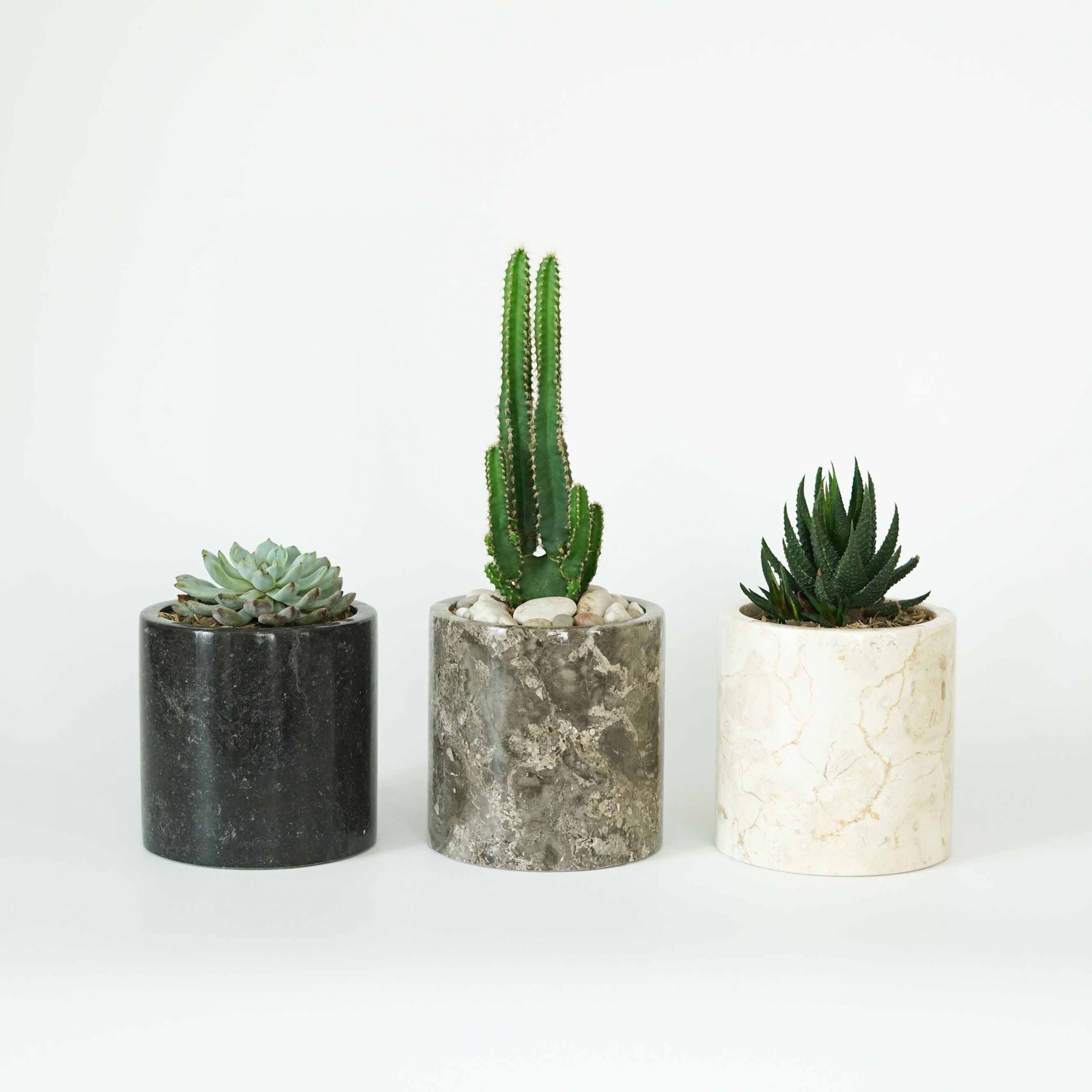
6. Regular potting soil is a no
Like explained before, succulents need drainage. It’s important to mix potting soil with sand, pumice or perlite. Be gentle when potting, the roots are very fragile.
7. Deal with the bugs
No need to worry about pests when it comes to succulents, you have to occasionally check for bugs, like gnats and mealybugs. To get rid of their eggs and larvae, move the infected plant away and spray it with 70% isopropyl alcohol.
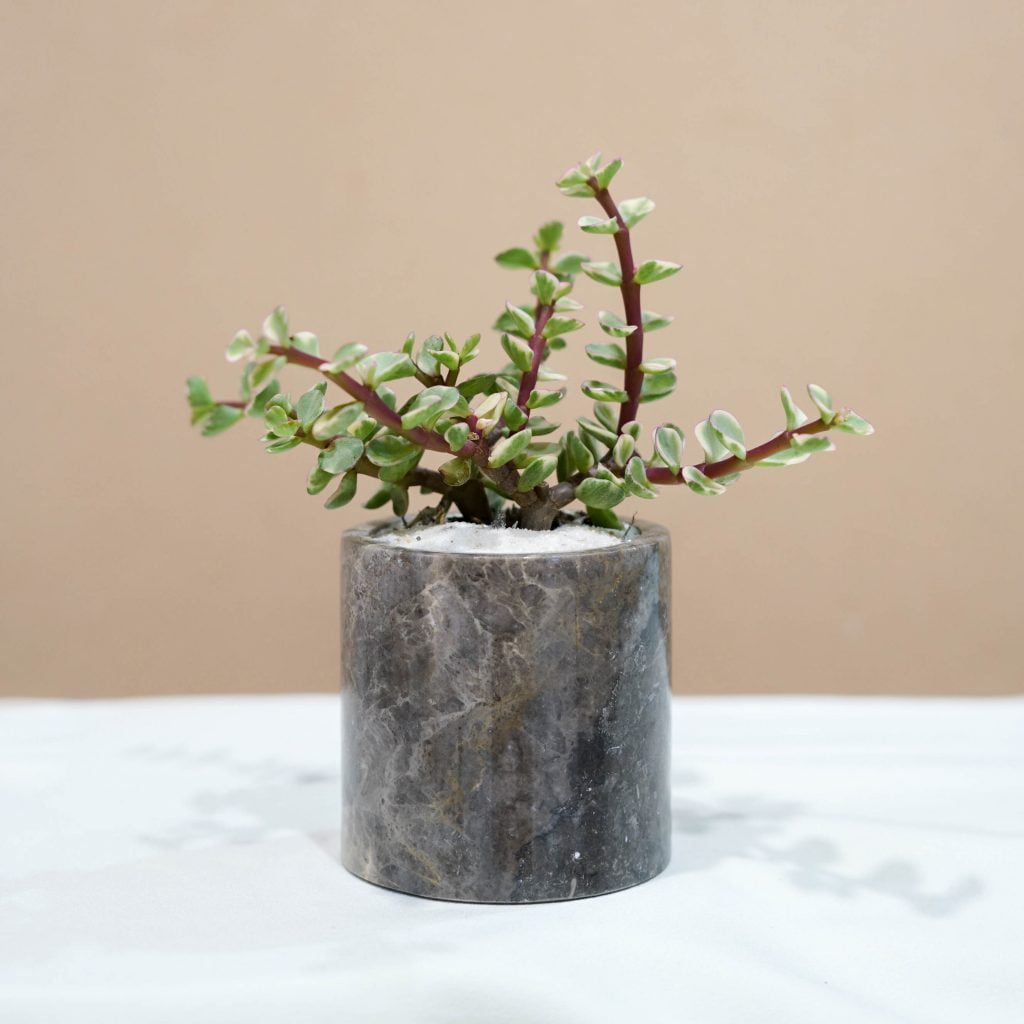
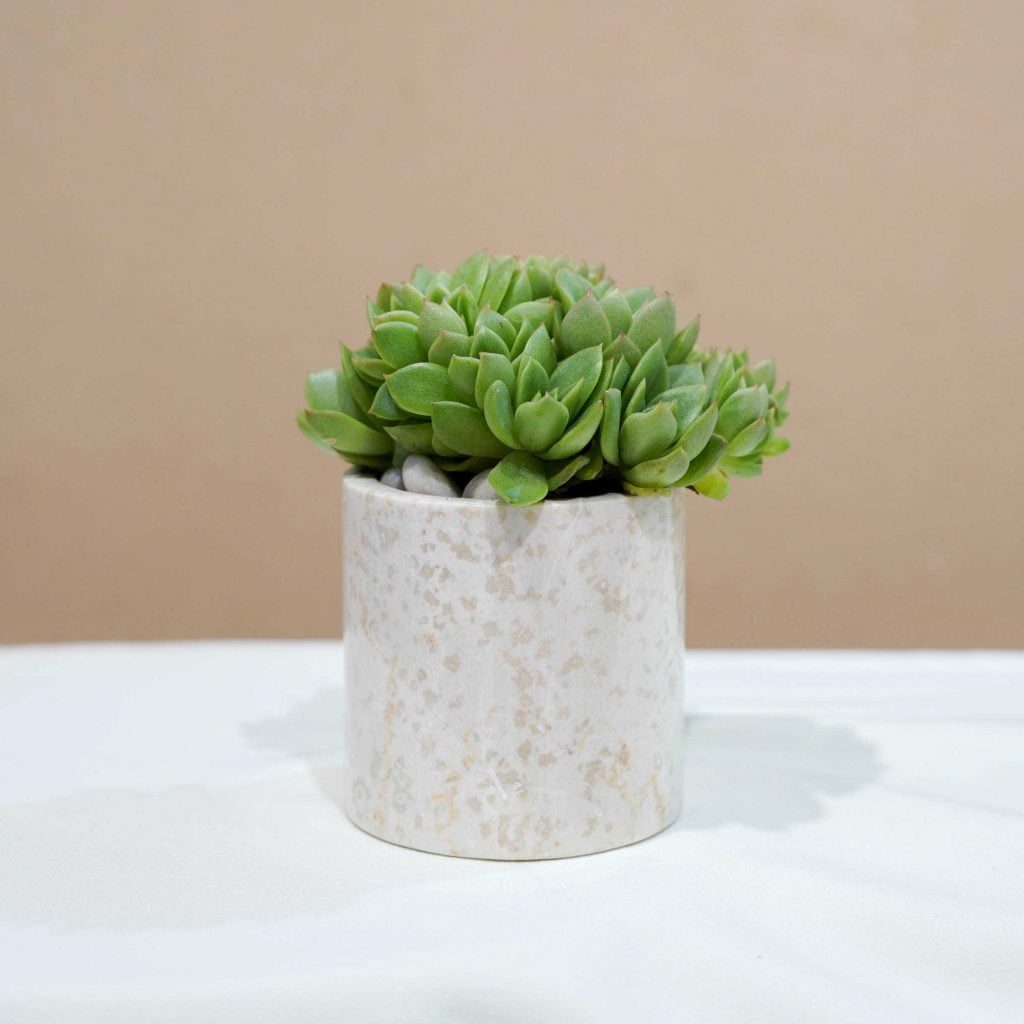
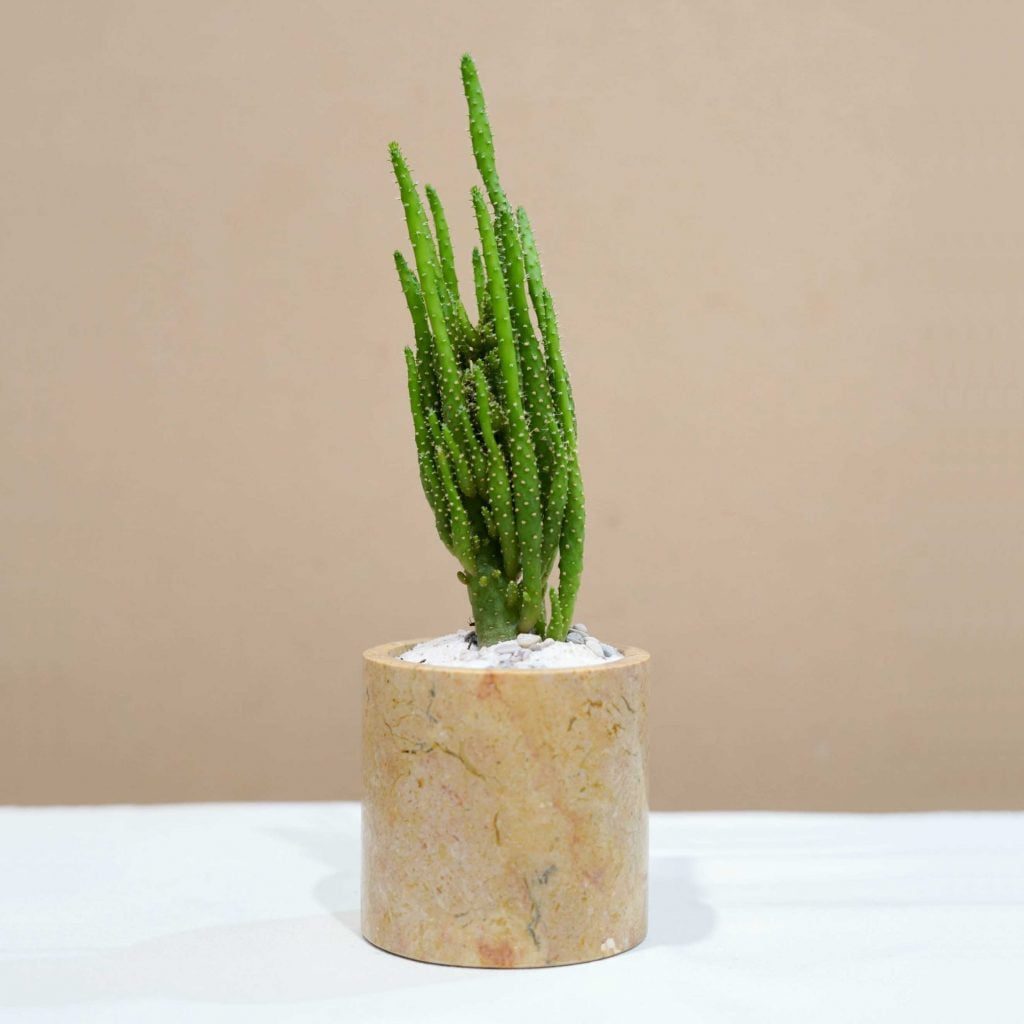
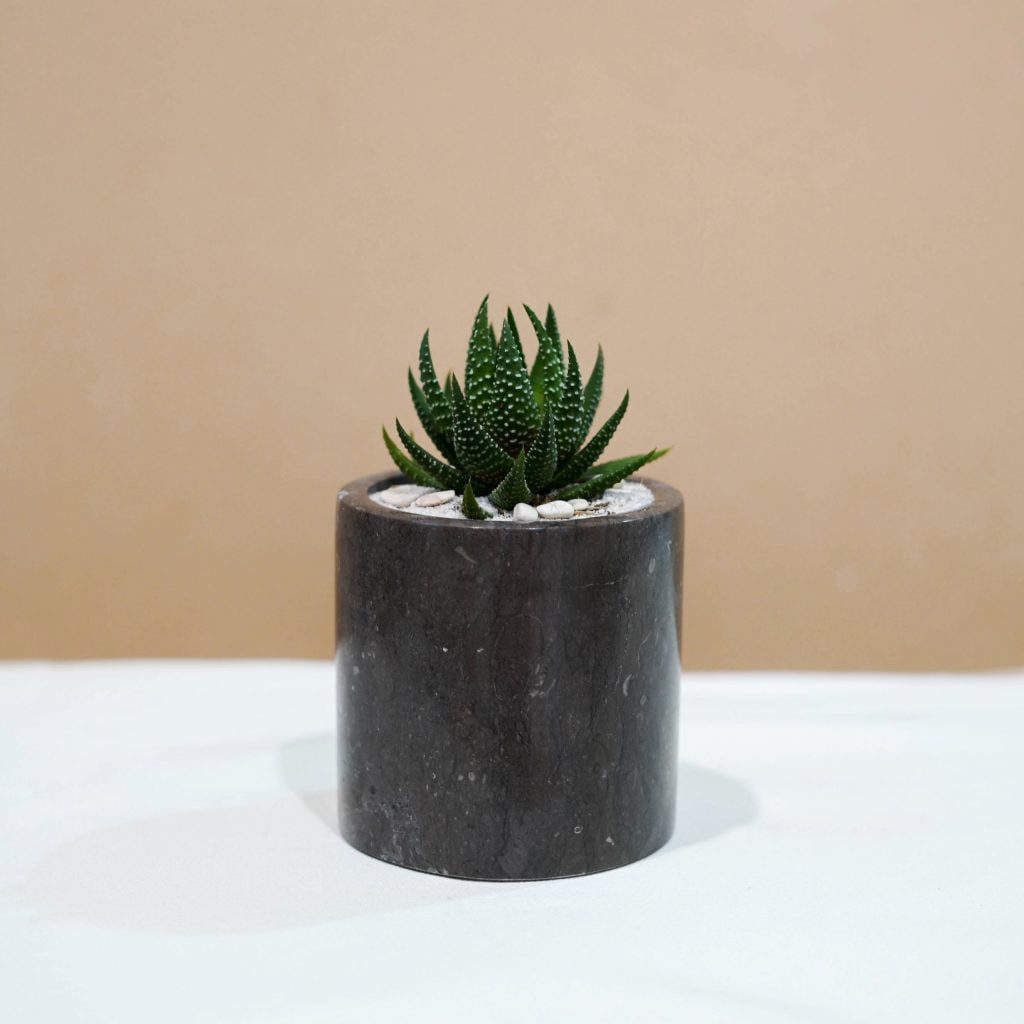
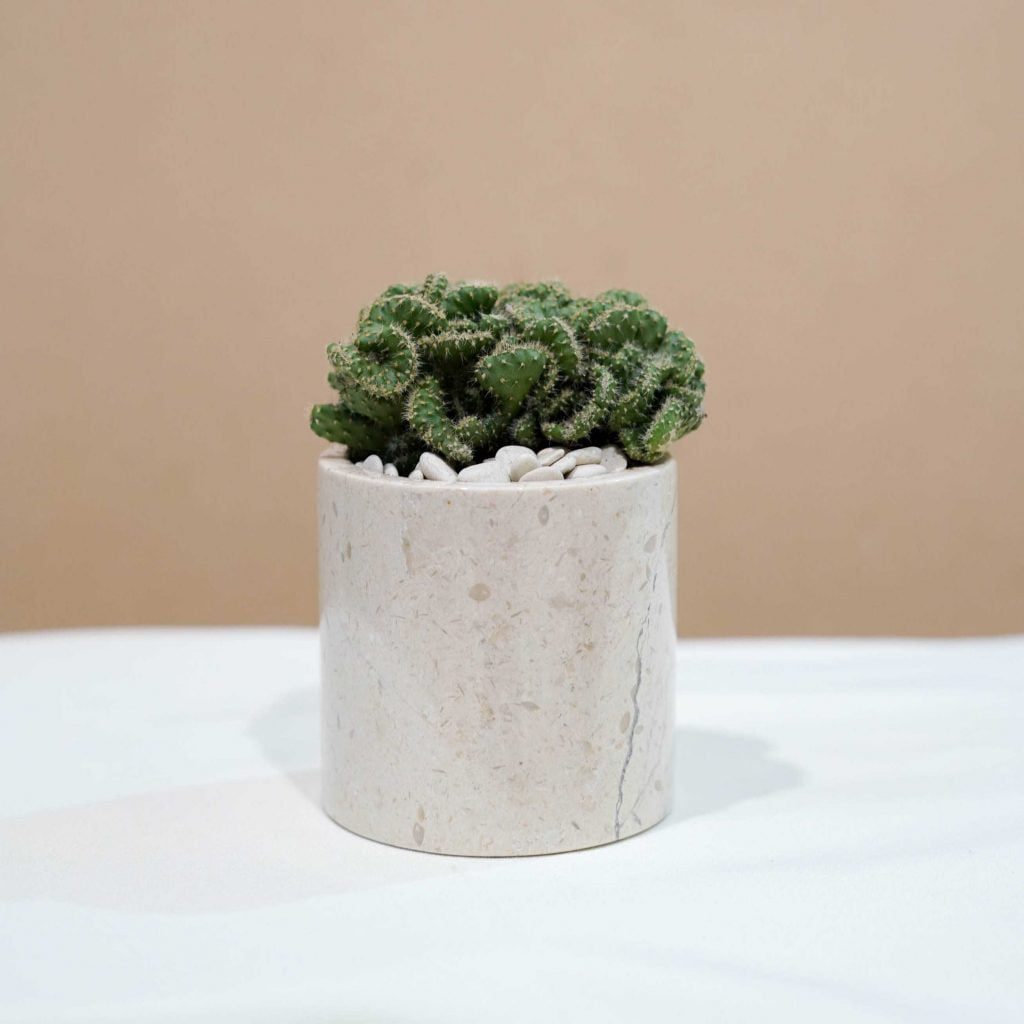
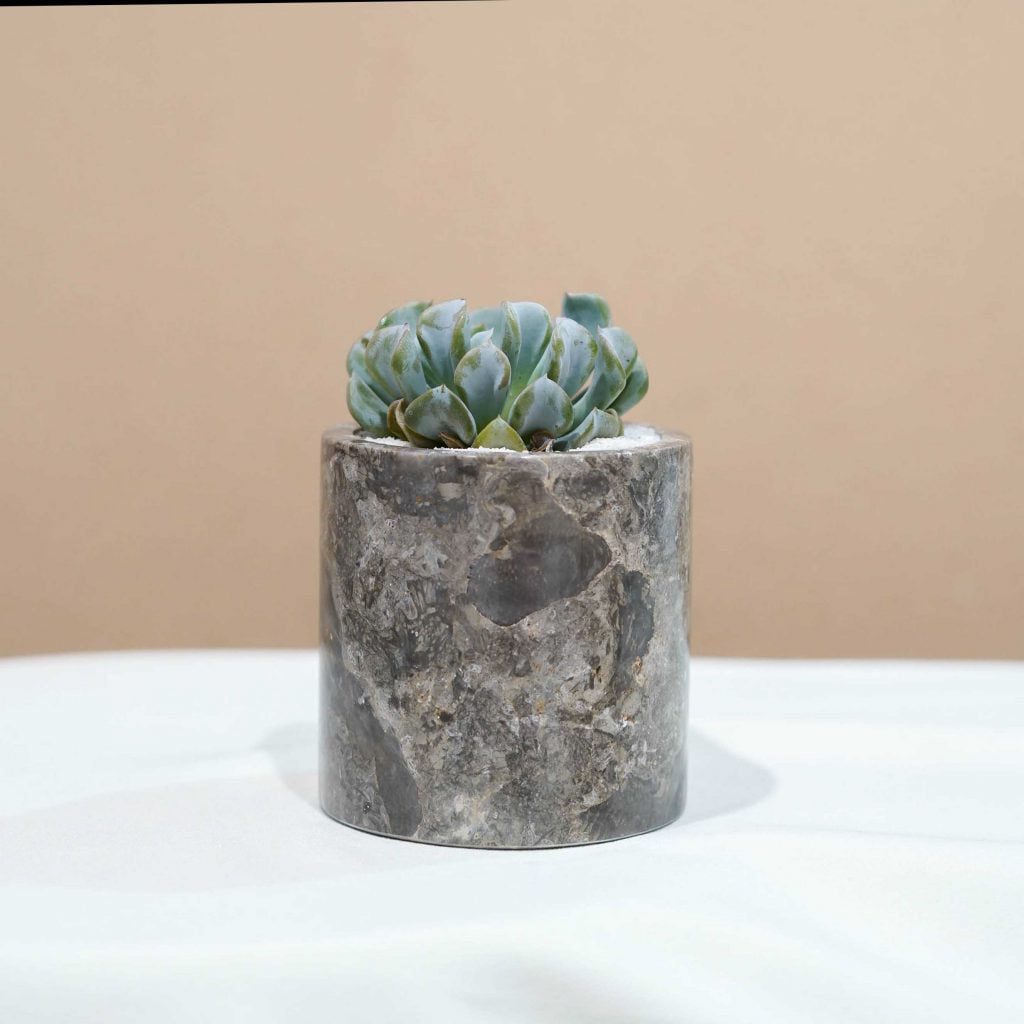
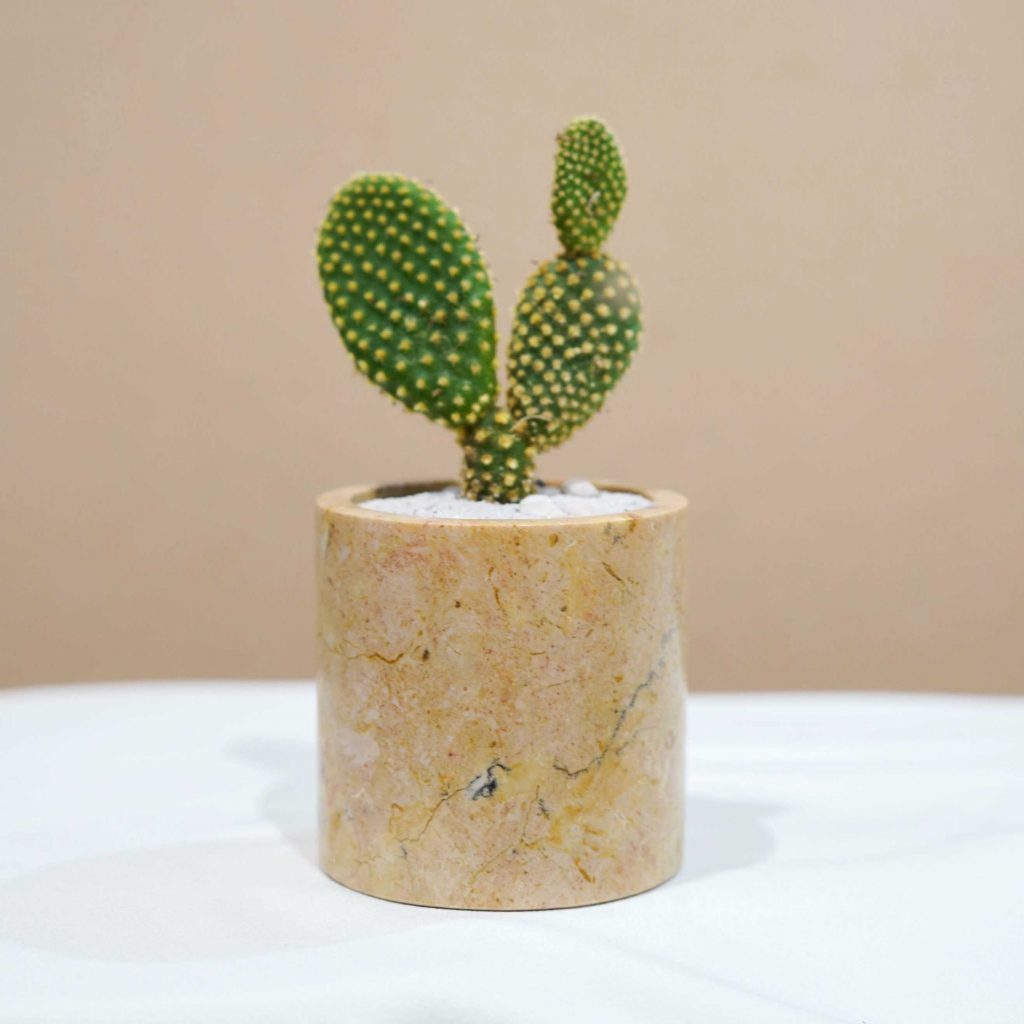
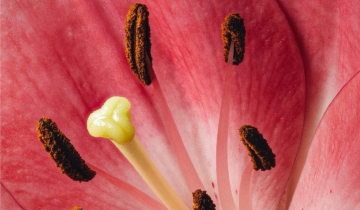


 No products in the cart.
No products in the cart.